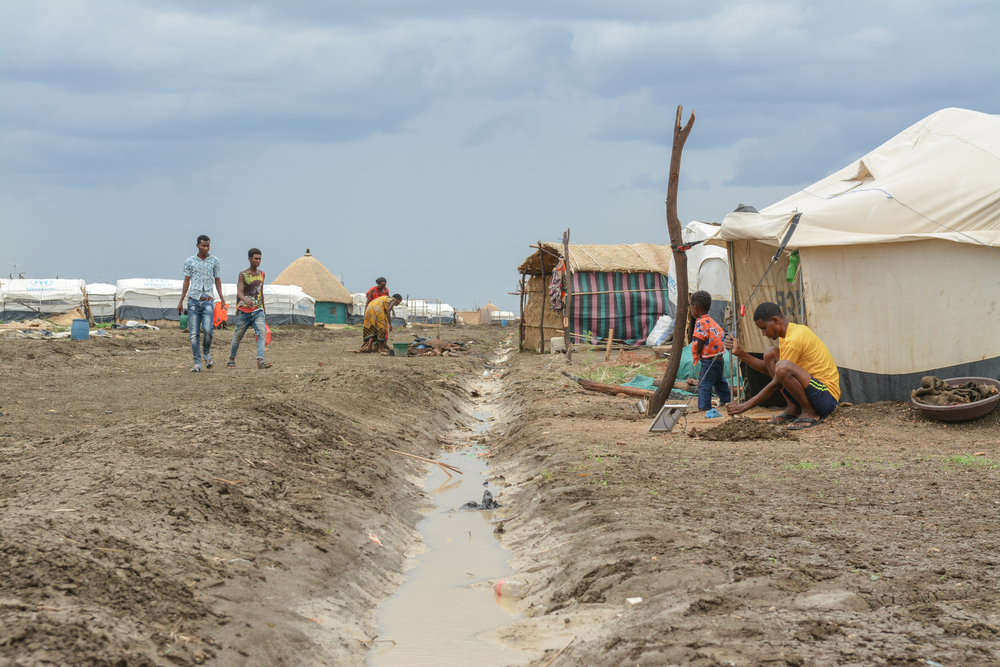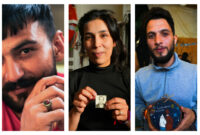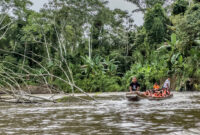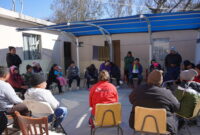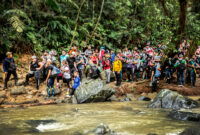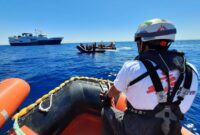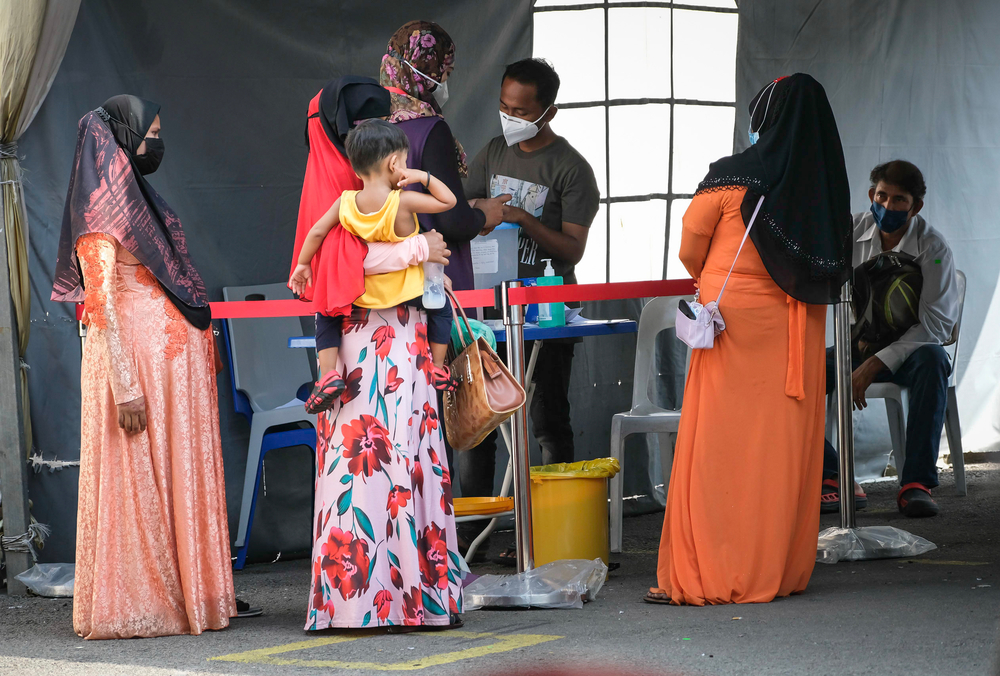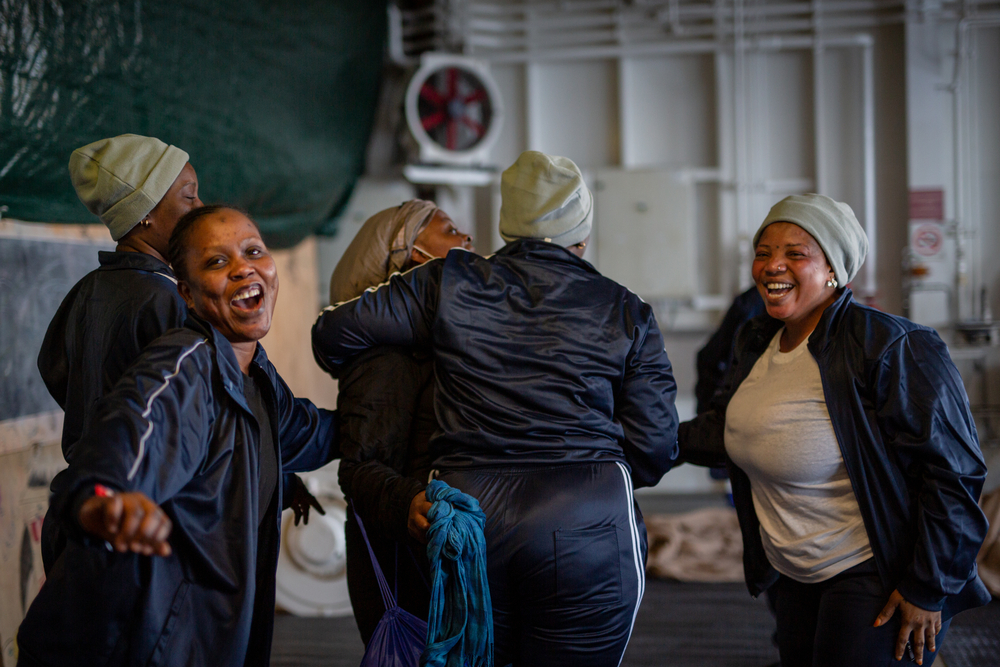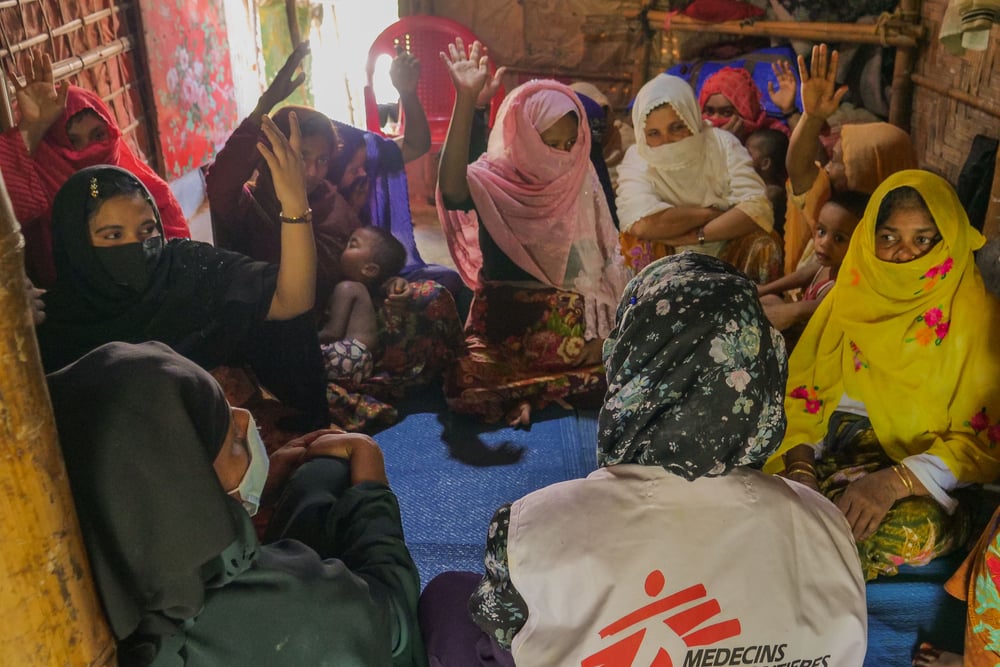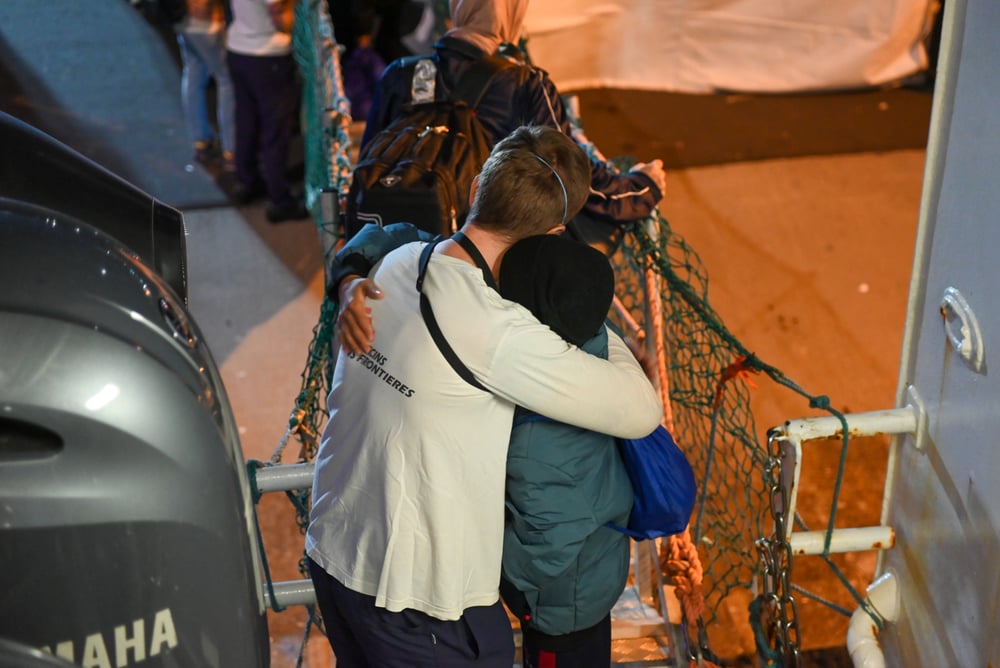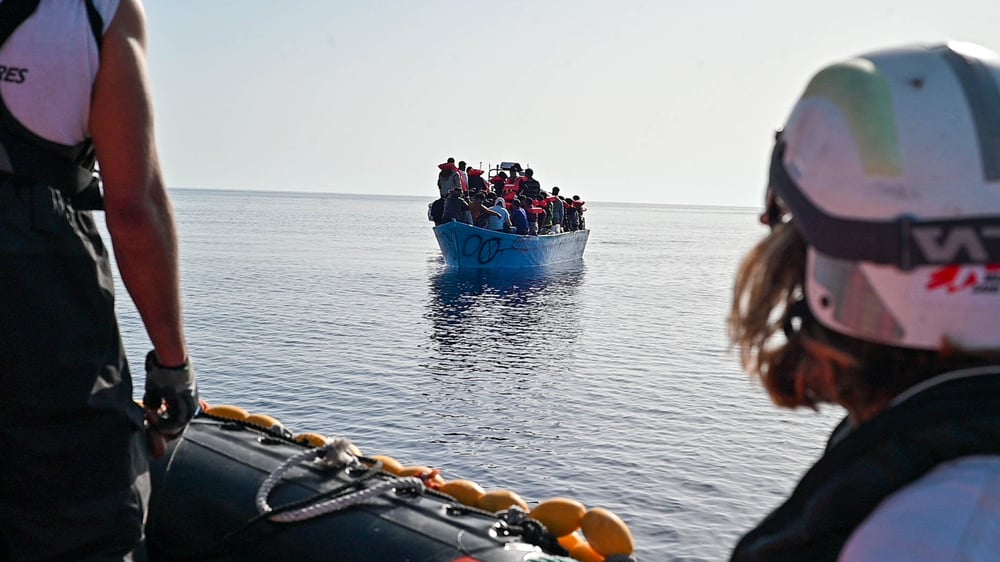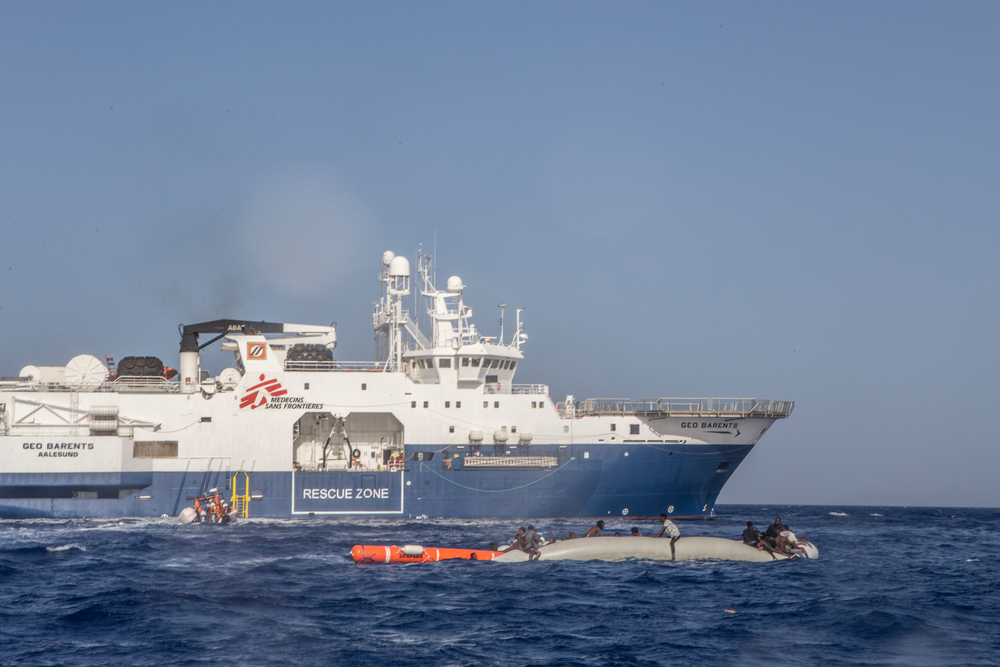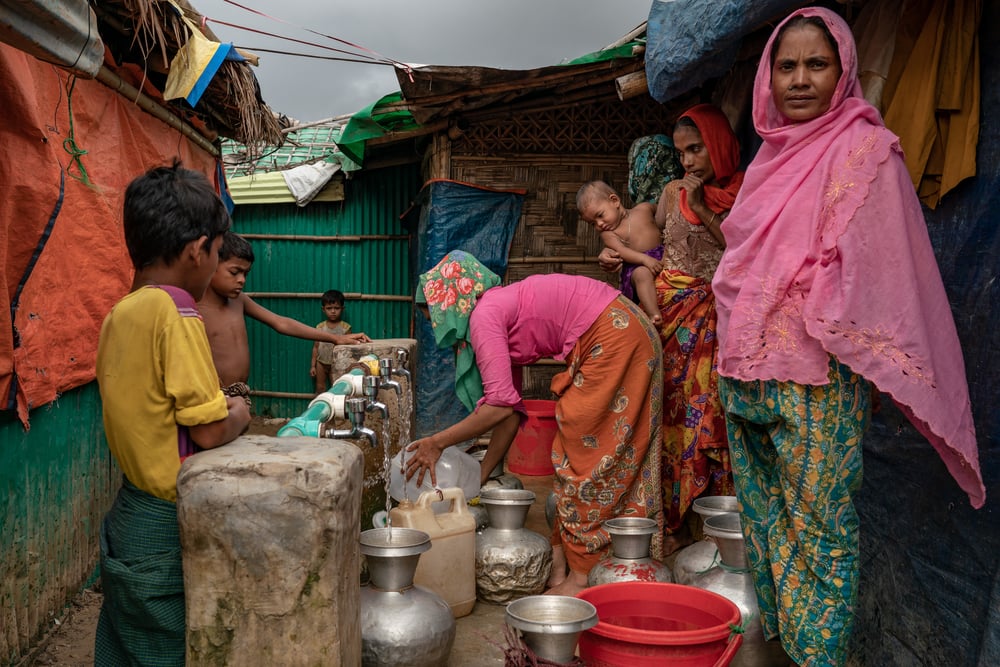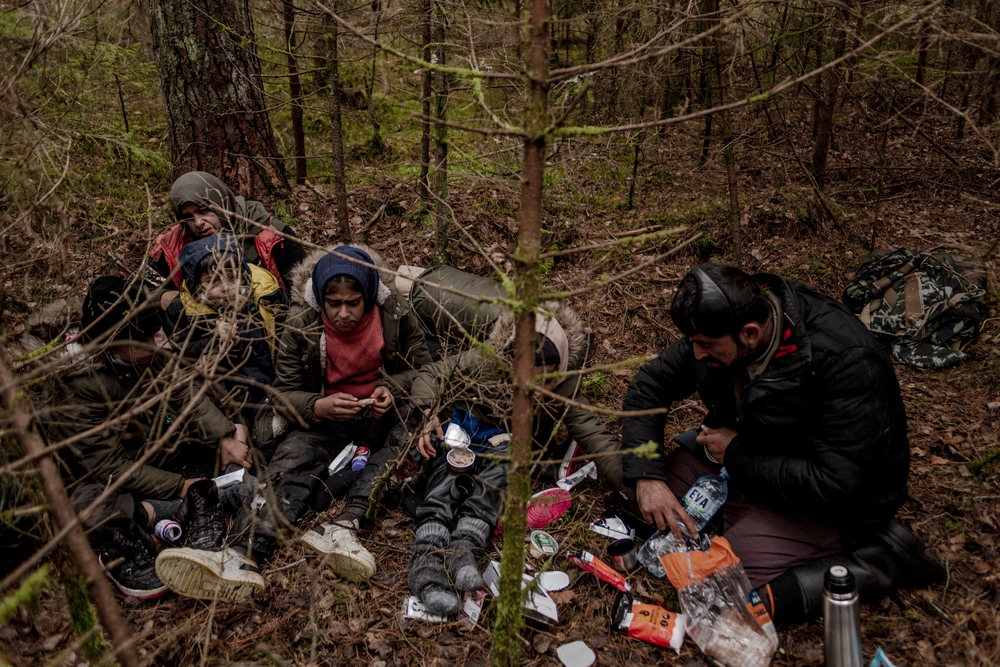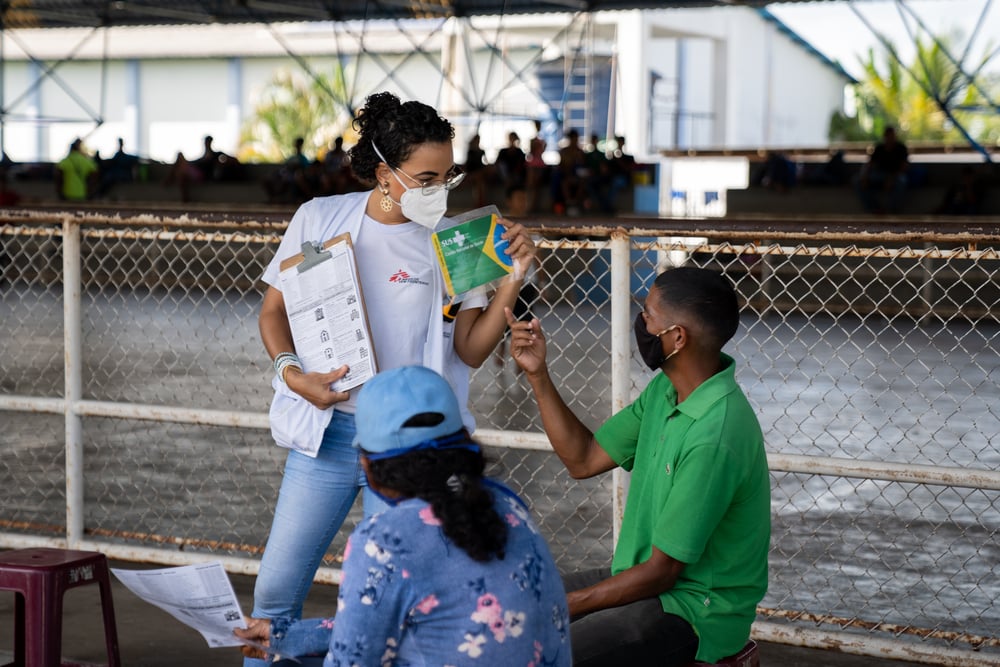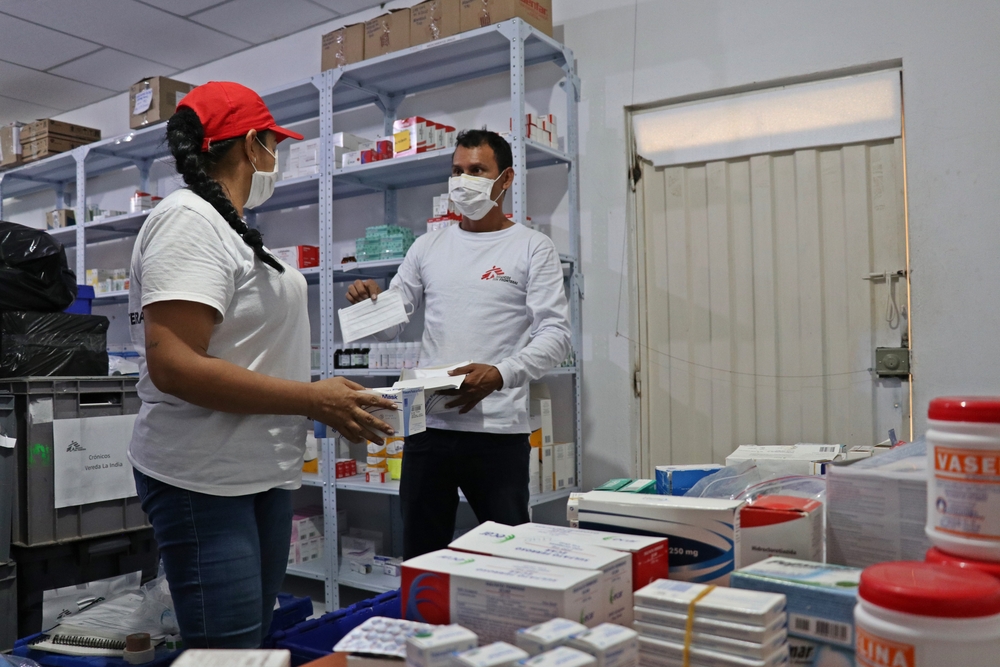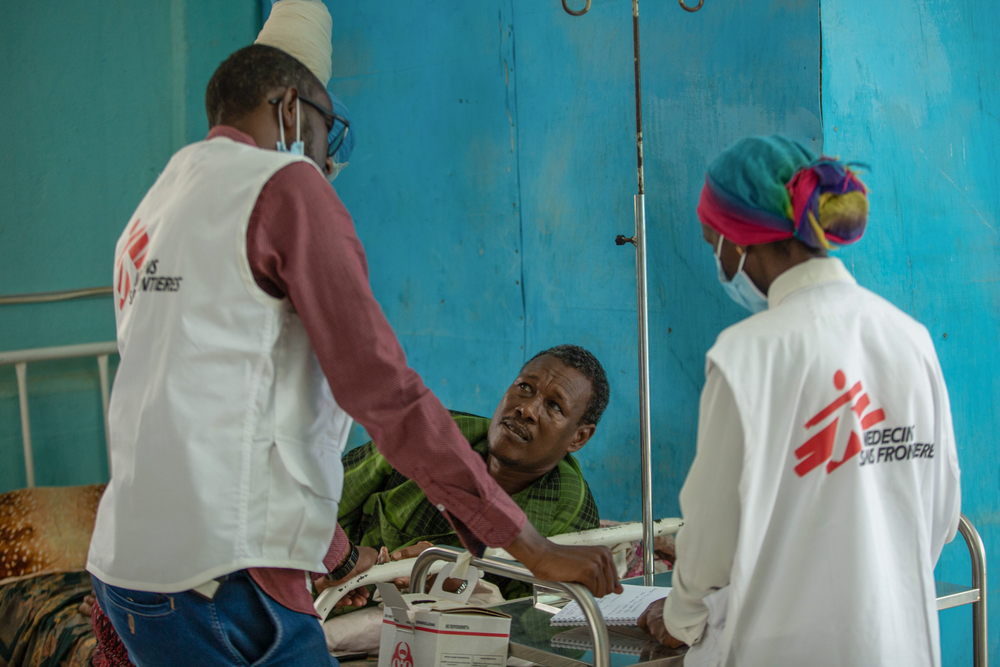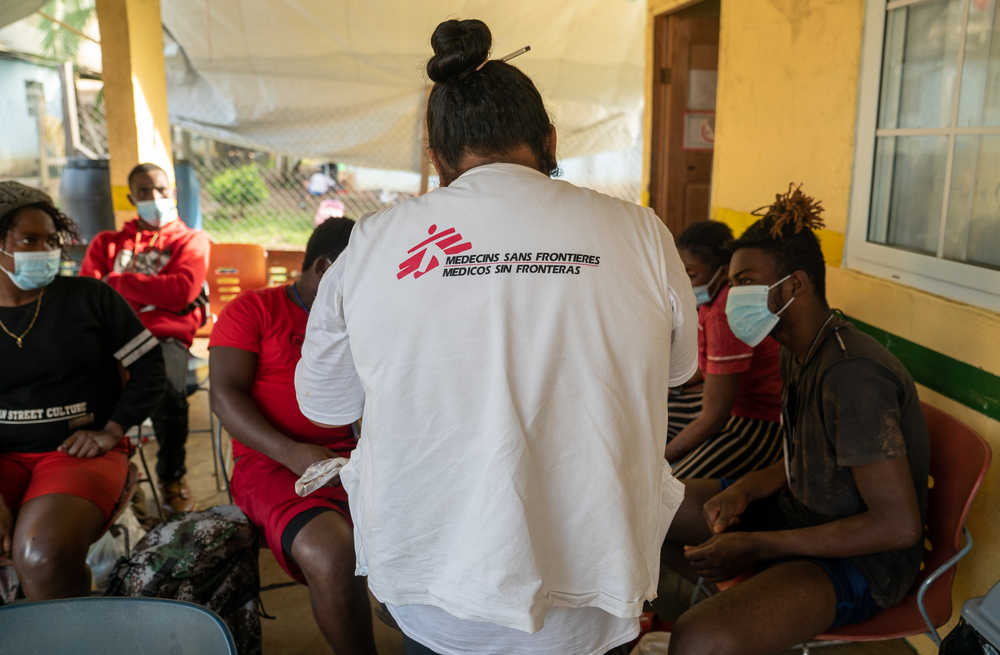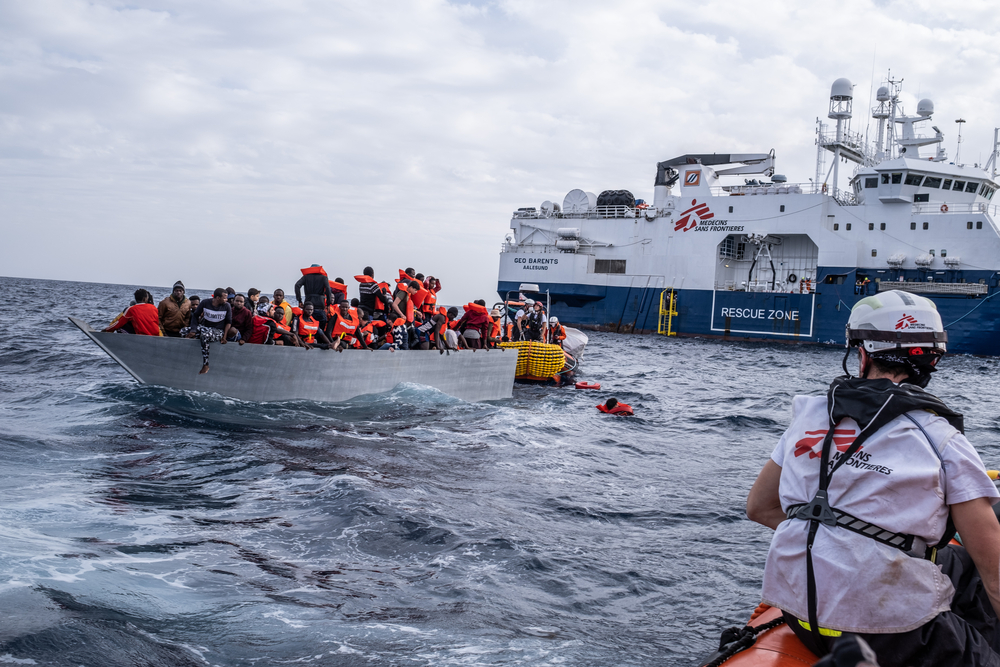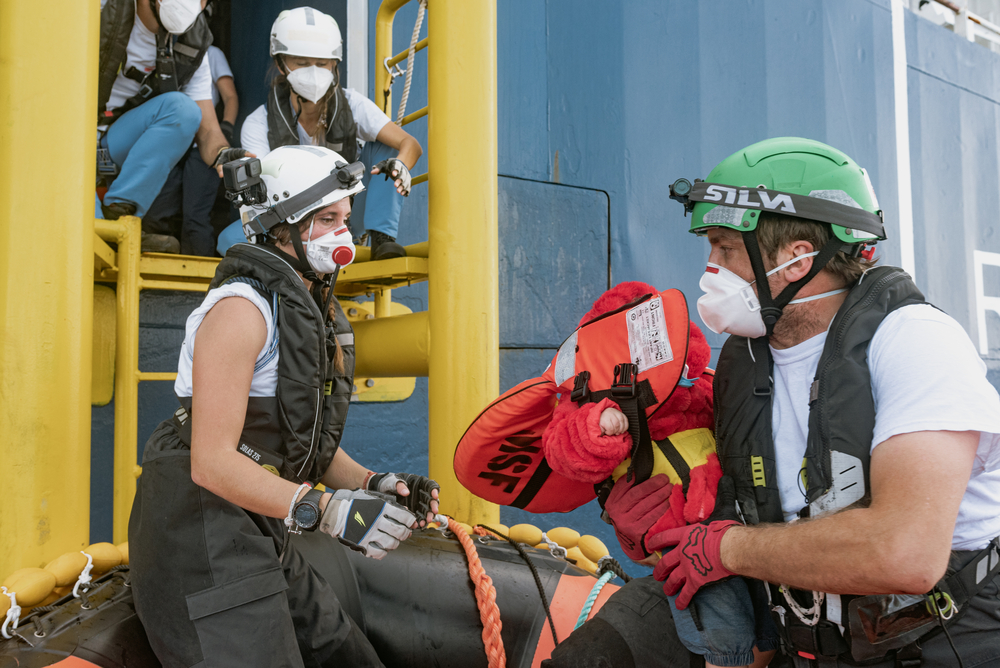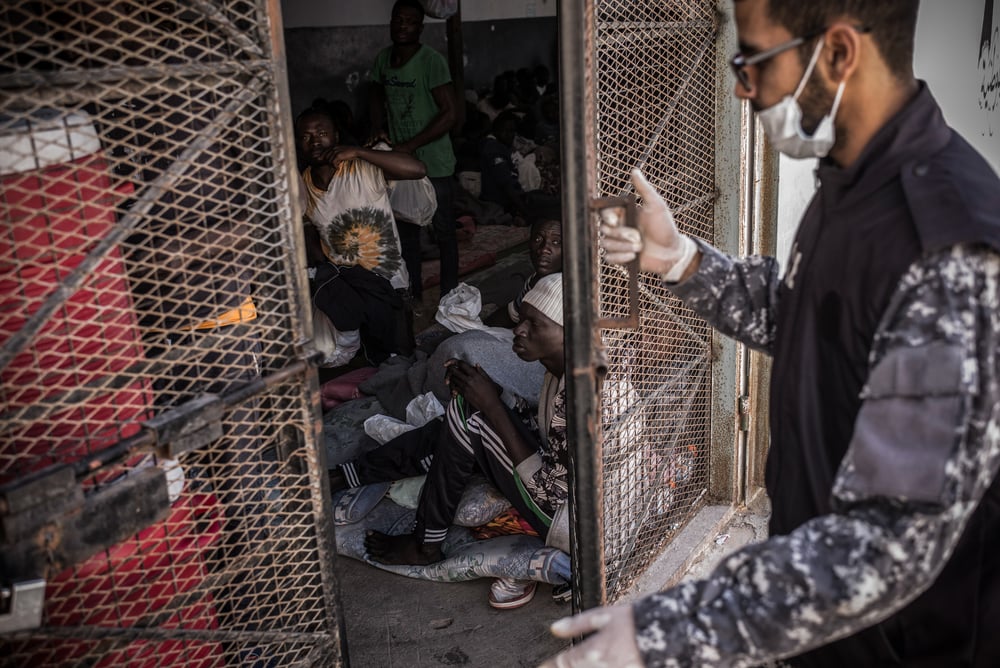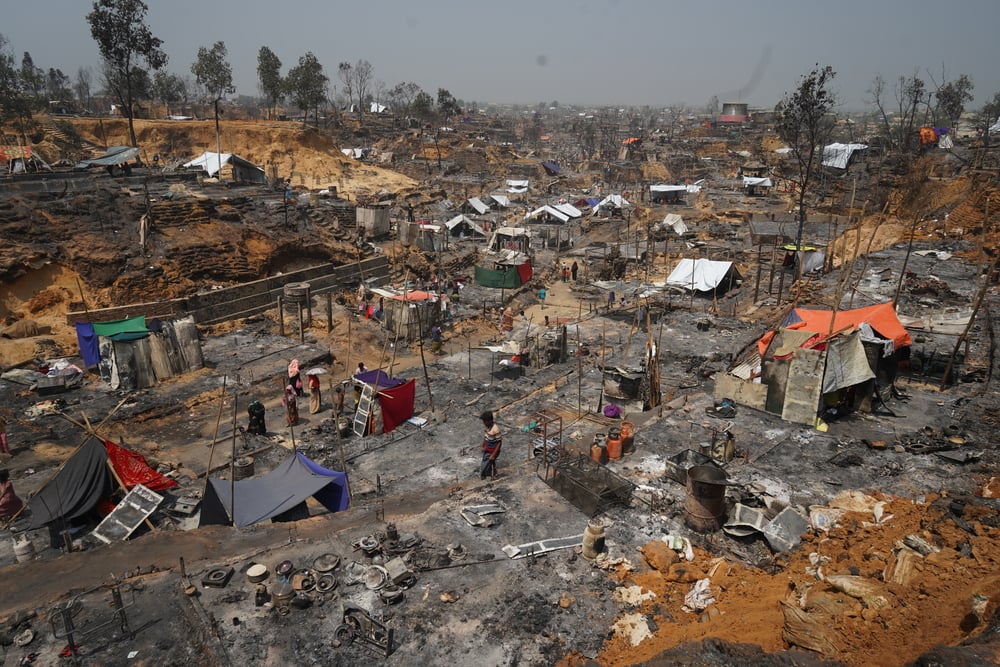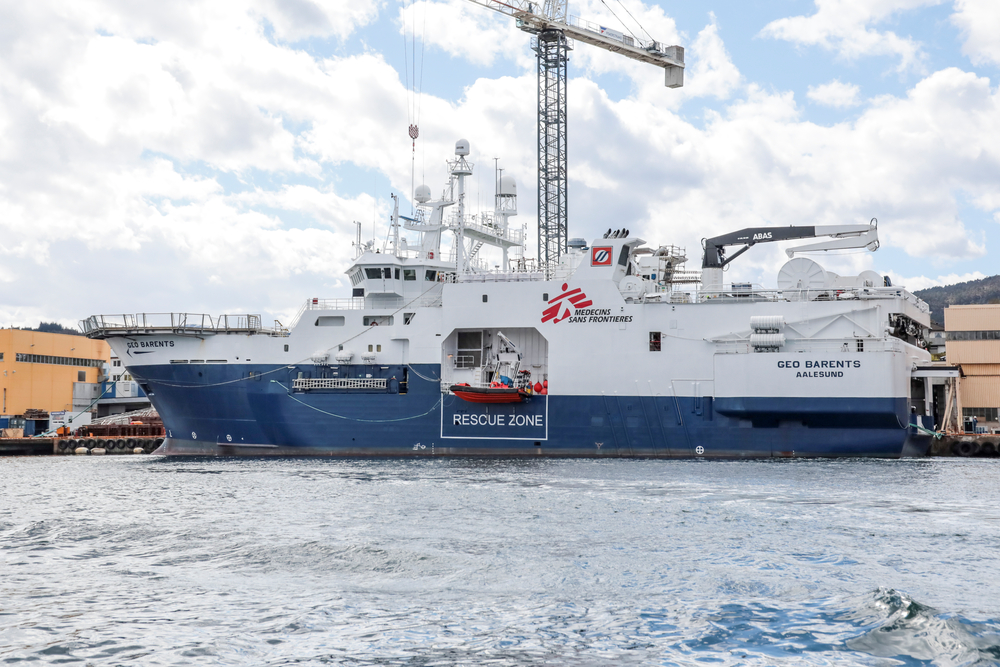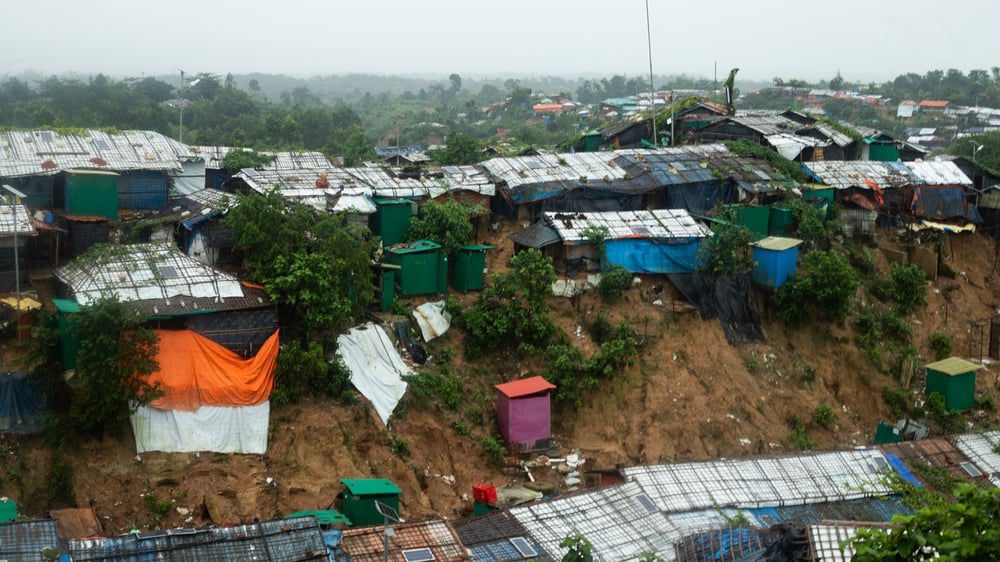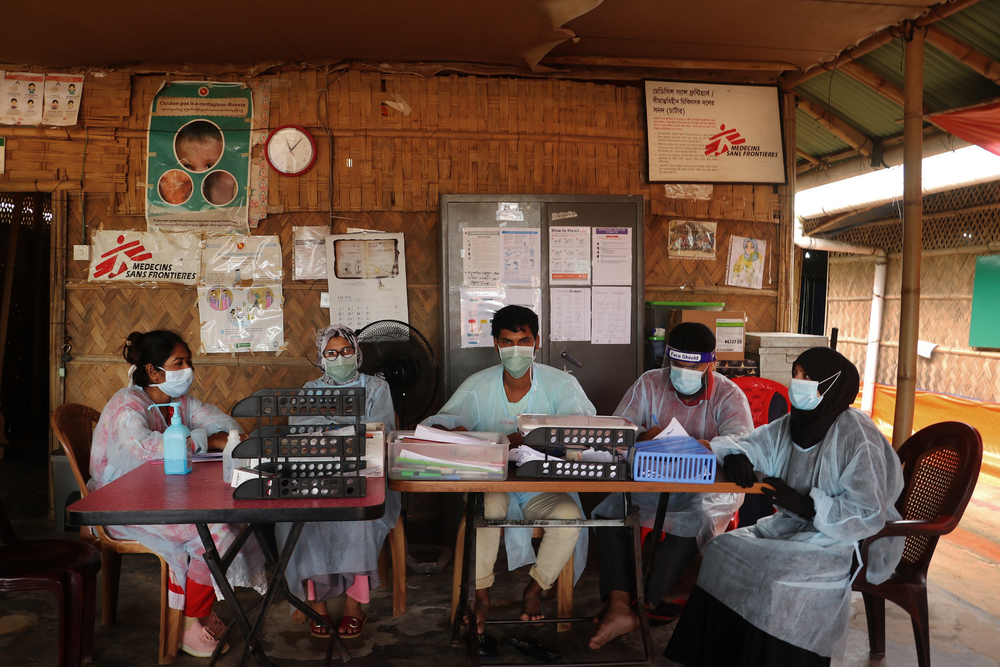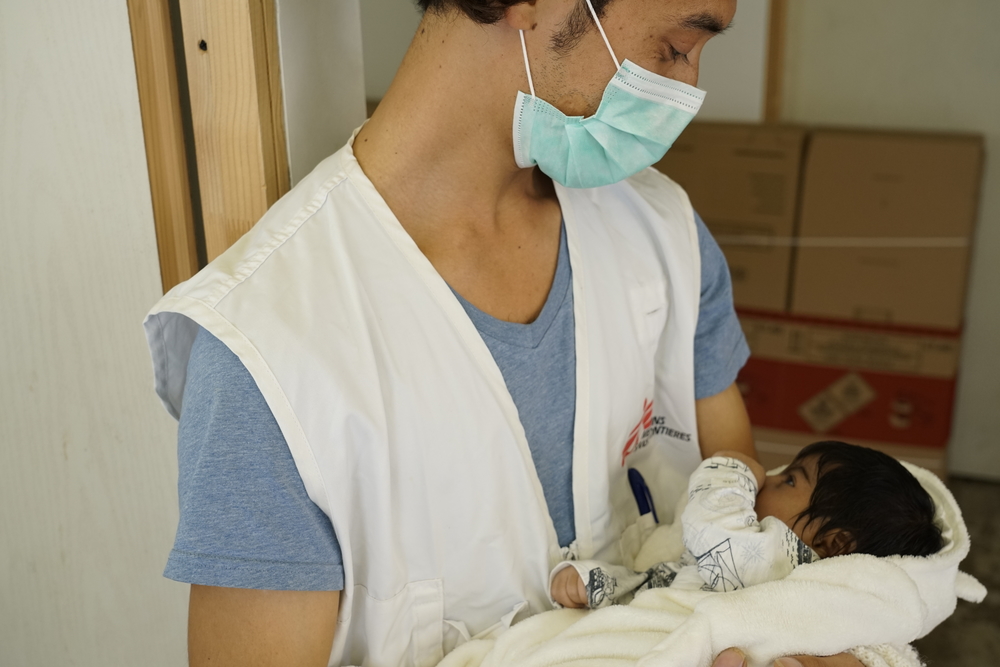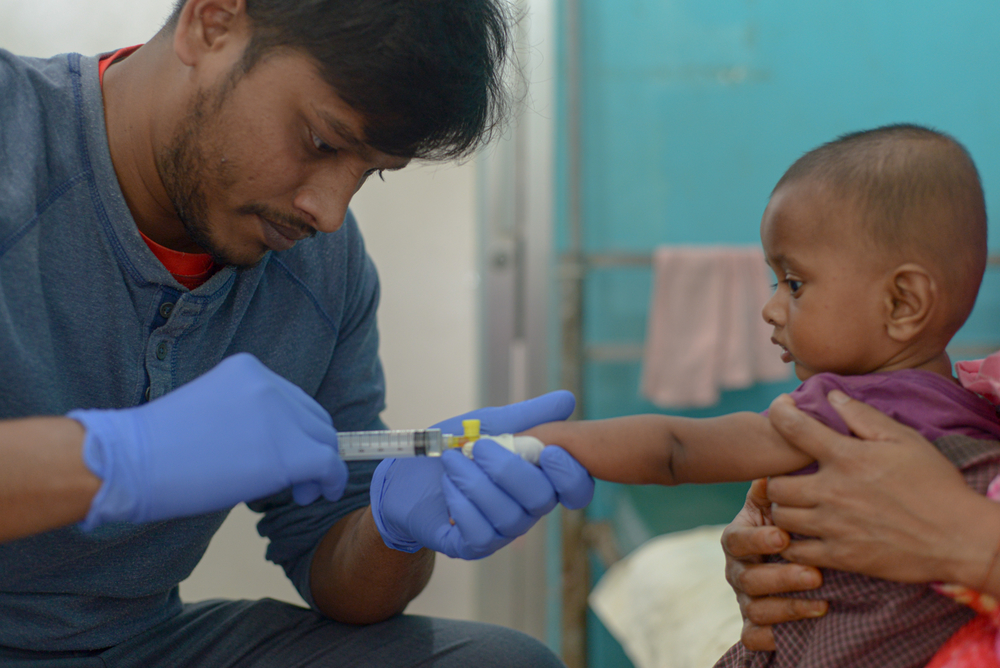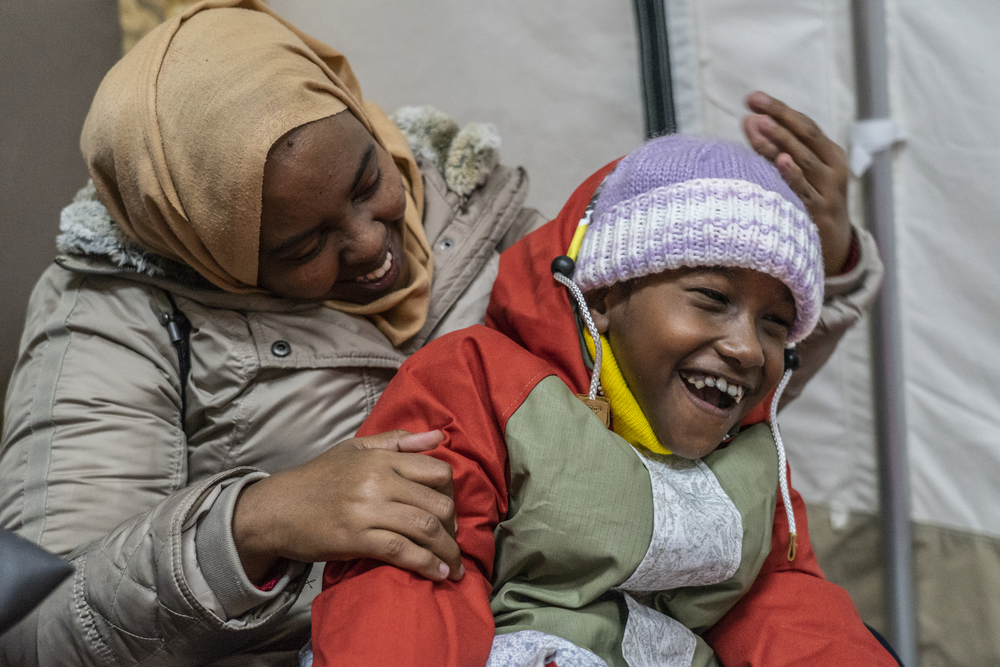Hepatitis E cases in Sudan’s Tigray refugee camps highlights shortcomings of international humanitarian response
Cases of hepatitis E are spreading across camps in Gedaref and Kassala states, Eastern Sudan, infecting hundreds of refugees from Tigray and posing a risk to local Sudanese communities.
In the past few weeks, Doctors Without Borders/Médecins Sans Frontières (MSF) medical teams in Gedaref’s Umm Rakouba camp and Al Hashaba/Village 8 transit centre have received 278 patients, of which 16 were hospitalized, including three pregnant women. Many patients have acute jaundice syndrome, a tell-tale sign of the virus, vomiting and epigastric pain. Umm Rakouba camp is now recording a daily average of 15 cases of hepatitis E. Six cases have also been identified in Al-Tanideba, while three cases have been identified in Hamdayet.
Hepatitis E
Hepatitis E is a contagious virus that causes liver disease. It noticeably yellows the eyes and skin, causes fatigue and dark urine, and can lead to acute liver failure and death. It is particularly dangerous for pregnant women, for whom the risk of death is about 25 percent. Some of the patients treated by MSF for hepatitis E have arrived comatose.
As with other diseases like typhoid, dysentery and cholera, the hepatitis E virus thrives in environments with poor water and sanitation conditions.

“Since day one, the humanitarian response has been two steps behind the needs of people here,” says François Zamparini, MSF emergency coordinator in Gedaref state. “Early warnings about inadequate sanitation, hygiene and shelter were not heeded, and latrine and tap stand building has been far too slow. As a result we now have widespread open defecation in the camps. Tigray refugees are paying the price of poor international coordination with their health.”
Spread of waterborne disease
In both Al-Tanideba and Umm Rakouba, latrines are scarce or unusable. In Umm Rakouba, there are only 175 latrines for 20,000 people, while in Al-Tanideba many latrines have been destroyed by heavy rain and wind. Together the two camps host about 40,000 people.
Work is underway to build new latrines, but with the onset of the rainy season many won’t be ready for several months. Some latrines are located right next to water points, increasing the potential risk of contamination. This week, heavy rainfall flooded many parts of Al-Tanideba, making the situation even more acute. Humanitarian actors must urgently increase the quantity and quality of latrines, particularly as the rainy season is likely to increase the spread of other waterborne diseases.
“The toilets have been a problem since we arrived,” says Mehrut, who lives in Al-Tanideba with her five children. “They are never cleaned or maintained and we do not feel comfortable using them.” Because food distributions have been erratic, many refugees have also resorted to selling their soap provisions in order to buy food.

In response to the growing number of cases, MSF has raised chlorine levels in the water it provides, and taken measures to protect and disinfect boreholes under its management from dirty surface water. MSF has also increased health education and outreach in the camps. This has included a jerry can cleaning campaign to ensure refugees can safely store their water. MSF is also following up with pregnant women, providing them with additional soap as a preventative measure.
“The spread of hepatitis E could have been avoided if the basic infrastructure had been in place on time,” says MSF project coordinator Sergio Scor. “Instead there has been a collective failure to provide dignified and safe services to a relatively small number of refugees.”
